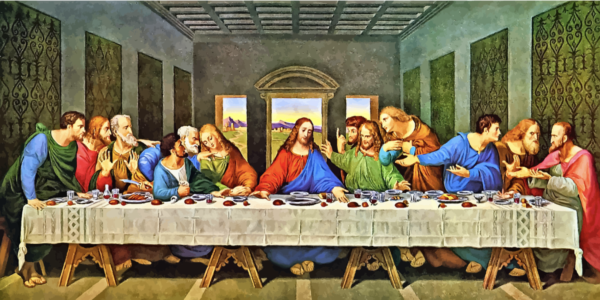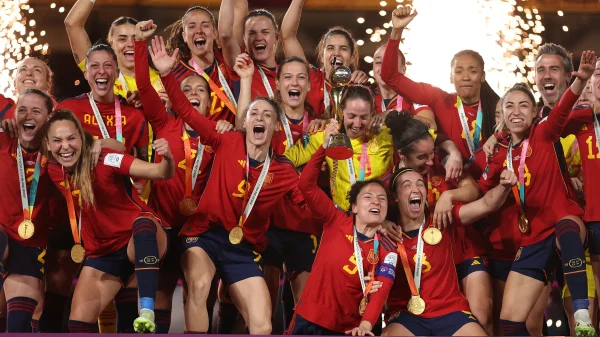A brief history of swearing
Whether we are proud of it or not, we all swear, in order to express pain, convey emotions, relieve frustration, emphasize a point, or just to be comedically obscene. But swearing is much more than that; the swear words of a society or community actually reveal what it considers important.
For example, we can look at the most vulgar insults in a past society and see what they tell us about the culture. First, let’s look at Sparta, the famous Greek city-state, infamous for its war-like culture. In Sparta, one of the greatest insults you could say to someone was, “may you live forever.” Odd, right? Nowadays, this could even be considered a compliment.
However, in Sparta, the greatest honor that any man could achieve was to die in battle. Spartan men were raised to die, knowing that death in battle would grant them passage to Elysium, where they could spend eternity in peace. Therefore, living forever was one of their greatest fears, so saying “may you live forever,” to a Spartan is the equivalent of saying “may your life amount to nothing, and may you never achieve peace.”
How about Renaissance culture? Well, for those of you who read Shakespeare, I am sure that you are familiar with the oaths “God’s blood,” “God’s death,” “God’s wounds,” and “Christ’s blood.” These were the most vulgar words that could be uttered during that time period. In fact, these swear words were so taboo and profane, that when they were uttered people would gasp in horror. It was believed that by swearing on God himself, harm was actually being done to God in heaven. Now I’m sure you can see what made these phrases so profane.
Valuing privacy is a relatively recent phenomenon, historically speaking, and it wasn’t until living conditions improved in the late Renaissance period that people started to expect a certain respect for behaviors that had not necessarily been private in the past. Words pertaining to feces, genitals, sex, and so on became more profane, largely due to their strong image-invoking qualities. This type of gross, provocative profanity reached its height during the late 19th century, especially during the Victorian Era in England, where the value of privacy was at its highest.
Meanwhile, swear words with religious connotations such as “Godd**n” and “H**l” have also become far less profane and taboo since the Middle Ages. With the evolution of science, separation of church of state, and increased religious diversity in the West, Christian swear words have become far more common and less taboo. In the 21st century, many non-religious people do not consider such phrases such as “Jesus Christ” to be swear words.
So when it comes to the 21st century, what is the most taboo, profane, obscene, or offensive swear words of our generation? It is well known that extremely obscene words are becoming more common, as demonstrated by South Park‘s use of mostly sexual and excrement-related profanity. The media clearly has something to do with the recent desensitization of our society to certain words. Of George Carlin’s famous seven words not-to-say-on-TV, 22 of them are shared on Twitter every second.
Interviews with high school students at Graded tell us about contemporary society. For example, student responses reinforced the idea that our society has become more sensitive to historically oppressed minorities. Derogatory words towards non-White races, women, and homosexuals are becoming increasingly taboo due to our growing compassion and sensitivity towards their hardships. Quite frankly, I am glad that our society is moving in such a progressive direction. Melissa Mohr, author of Holy Sh*t: A Brief History of Swearing, predicts that within the next few decades, other generalizing and derogatory words such as “retard,” “fat,” “emo,” or even “depressed” may become more taboo or profane.












